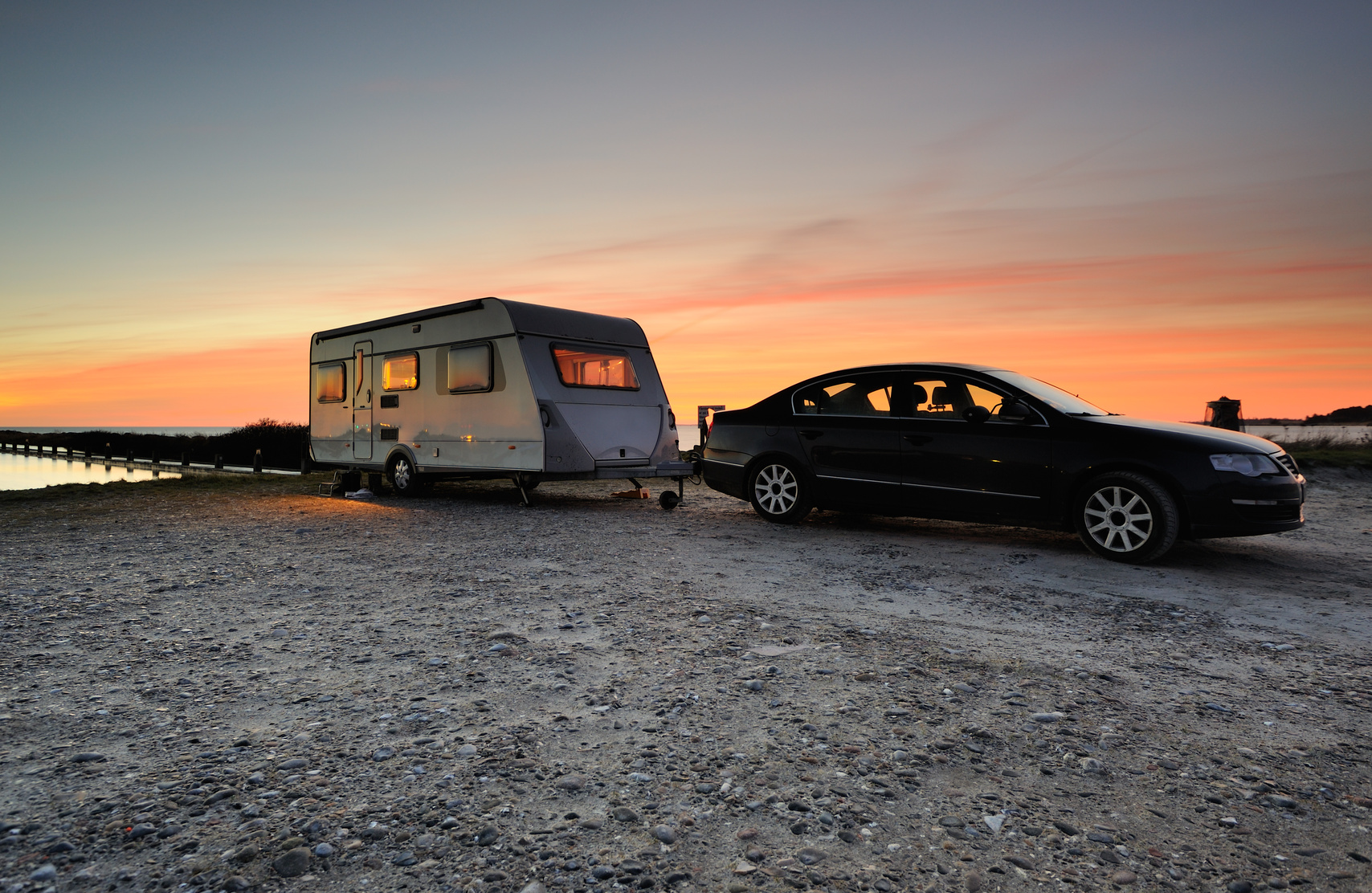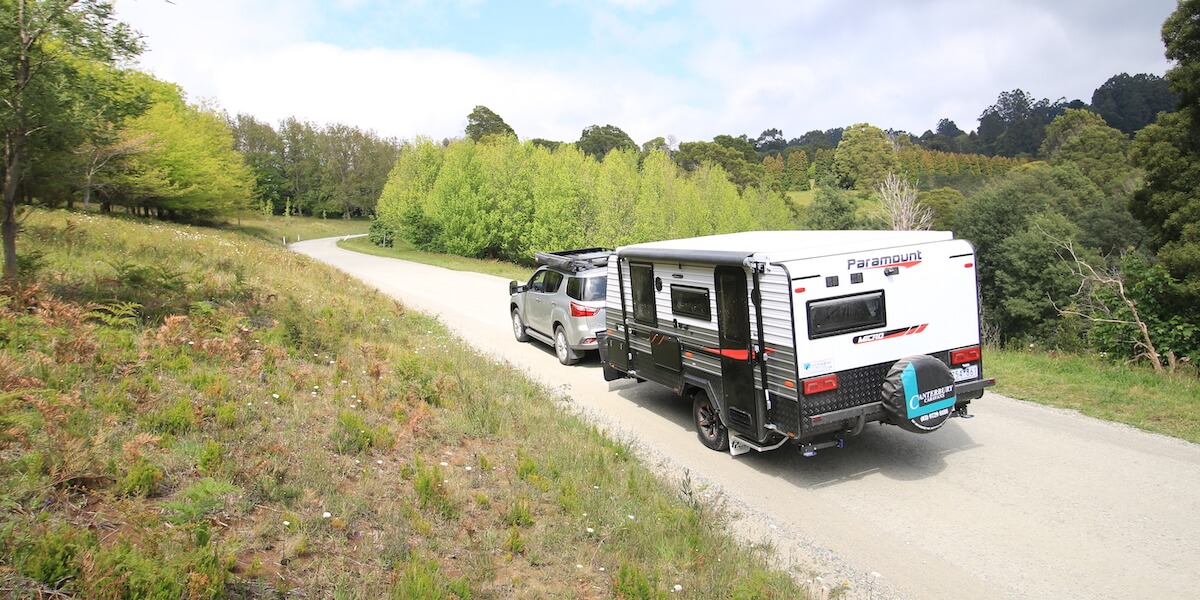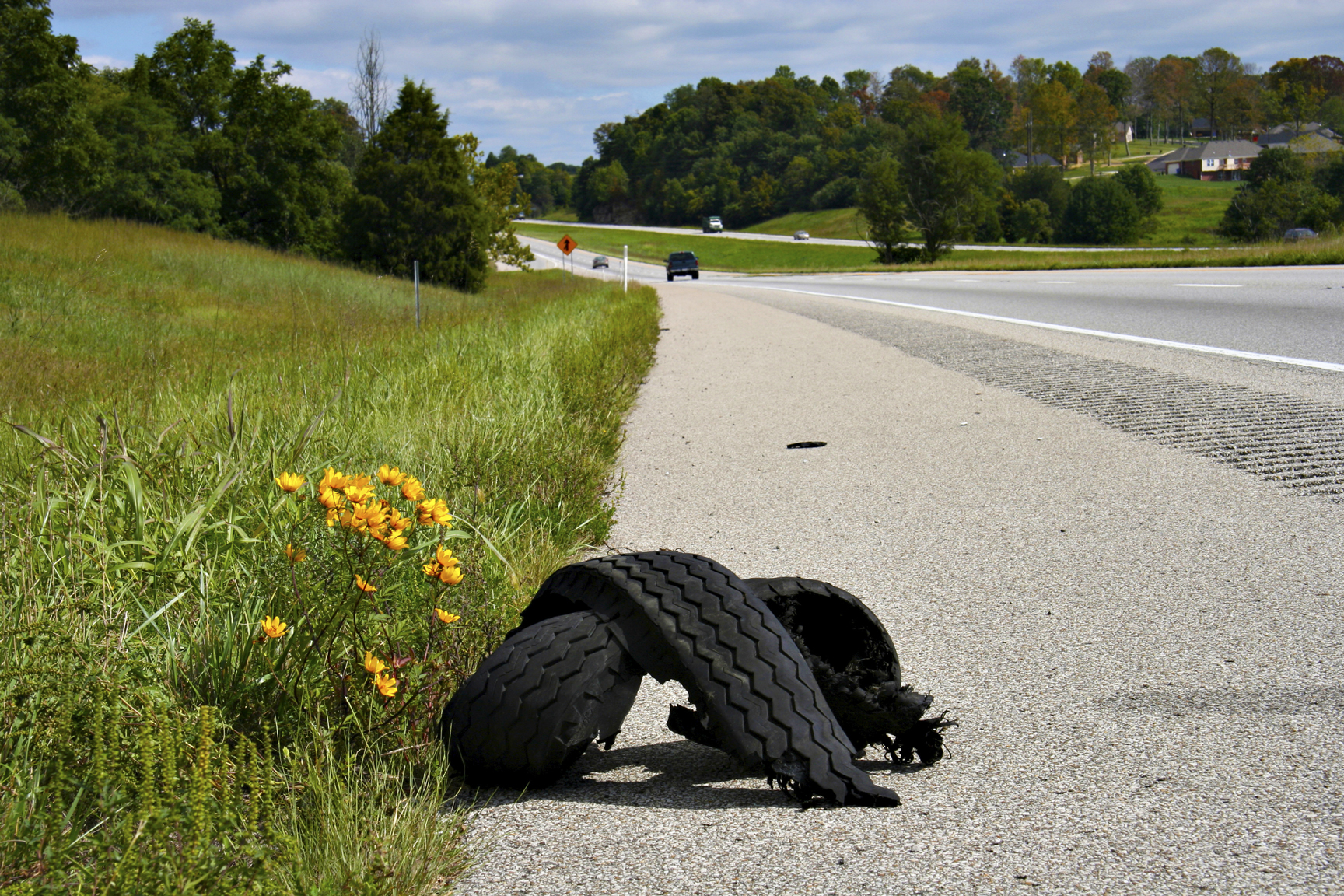When buying a trailer, you may wonder whether it’s worth taking out trailer insurance. Here’s what you should be asking to get the answer that’s right for you.
Is trailer insurance necessary?
You’re not legally required to insure your trailer. Doing so is a personal preference that only you can decide. In making that decision, weigh up the cost of replacing the trailer versus the cost of an insurance policy and excess.
Which types of trailer can you insure?
There are many insurance companies, and each has its own rules on the types of trailers it covers. Some link trailer insurance in with caravan insurance, while others classify a box trailer differently to a horse float, for example. Always give your insurance company the relevant details to make sure your trailer is fully covered.
Will the contents be covered by trailer insurance?
Check with your insurer, but most insurance policies will cover the trailer’s contents up to a certain value. You may have the option of increasing that value or separately listing any particularly valuable items you’re planning to keep or transport in there.
What will the insurance company want to know?
Aside from the obvious – the type of trailer and its value – they’ll most likely ask what you use the trailer for, the legal fittings on the trailer [link to article: Legal fittings required to meet trailer regulations], your age, your insurance and driving record, and whether it’s for business or personal use. You might also have options to pay by the month rather than annually, reducing the premium in exchange for a higher excess, or adding extra coverage for events that are most likely to happen where you live (for example, if you’re in a high fire danger region).
Is the trailer covered while at home or driving?
Different insurers may cover different stages of the trailer’s life. Some separate on-site insurance from travelling insurance, so always ask these specific questions when considering an insurance policy. Think about where you’ll be when towing too, as some policies may only cover you a certain distance from home.
What if you have an accident while towing the trailer?
Trailer insurance generally includes liability cover or collision insurance, so check with your insurer about the exact details of what is covered and in which instances.
What else should you look for?
Consider things like getting a damaged trailer home after an accident, having full replacement cover for a new trailer, how a stolen trailer will be replaced or paid for, and what will happen in the case of fire, flood, storm or vandalism.
It’s definitely worth considering taking out trailer insurance, but ultimately the decision is yours. The most important thing is to shop around for the best cover and price to make sure it’s the right policy for you.
Find out all there is to know about towing your trailer so you don’t have to call on your insurance.





